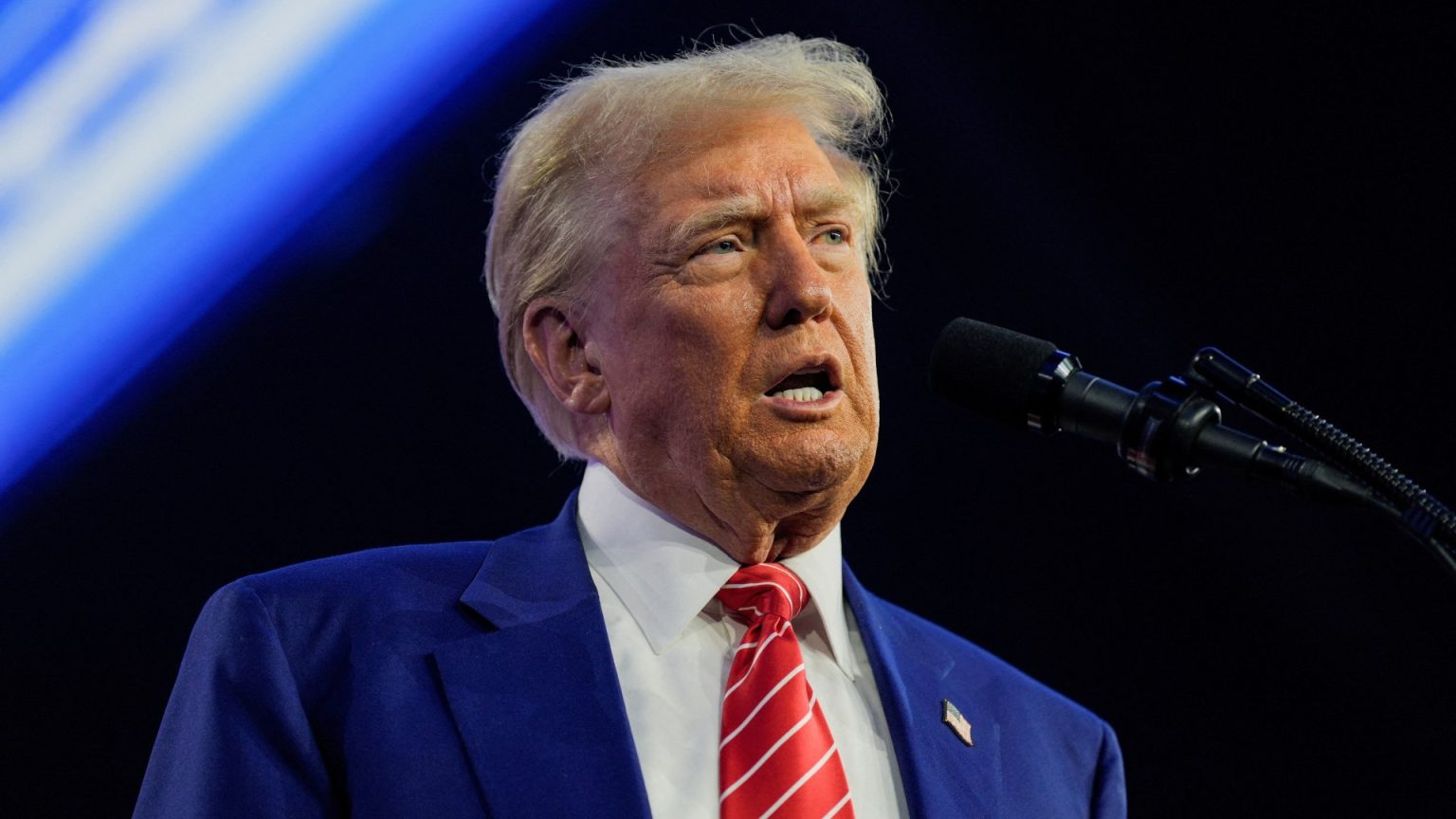In a pre-Christmas phone conversation, former US President Donald Trump shared some unconventional observations with then-Prime Minister Sir Keir Starmer. Beyond the customary diplomatic pleasantries, Trump reportedly complimented Starmer’s wife, Victoria, describing her as “beautiful” and Starmer’s “greatest asset.” He then diverted the conversation to more peculiar topics, including his concerns about birds colliding with wind turbines, humorously speculating that coyotes feeding on the deceased birds were becoming obese and would soon require weight-loss medication. This anecdotal exchange, as reported by The Times, underscores Trump’s characteristically informal and often unpredictable communication style, even in diplomatic settings.
Trump’s call with Starmer followed his public critique of the Labour Party’s Net Zero environmental policy. The former president urged Starmer to abandon wind energy projects (“get rid of the windmills”) and advocate for expanded oil and gas exploration in the North Sea, arguing that Britain was erring by not issuing new drilling licenses. This intervention into UK energy policy further strained the already tense relationship between the incoming Trump administration and the British government, highlighting the potential for policy clashes and diplomatic friction.
Adding to the diplomatic complexities, Elon Musk, Tesla CEO and a prominent figure in Trump’s business circle, launched a pointed attack on Starmer’s record as Director of Public Prosecutions. Musk accused Starmer of failing to prosecute “rape gangs” effectively. He also targeted Jess Phillips, the safeguarding minister, with inflammatory remarks, suggesting she “deserves to be in prison” for resisting calls for a public inquiry into historical sexual abuse cases in Oldham. These accusations sparked immediate backlash and were condemned by members of the UK government.
The controversy surrounding Musk’s comments intensified the political tension between the US and the UK. Home Secretary Yvette Cooper defended Phillips, praising her as a “fearless and formidable advocate for victims and survivors,” while health minister Andrew Gwynne publicly rebuked Musk, suggesting he should focus on domestic issues within the United States. This public exchange further underscored the growing rift and the potential for escalating tensions between the two nations.
These incidents illustrate the challenges posed by the Trump administration’s unconventional approach to diplomacy and policy. Trump’s casual remarks about Starmer’s wife, coupled with his public criticism of UK energy policy, created an awkward diplomatic backdrop. Furthermore, Musk’s inflammatory accusations against Starmer and Phillips exacerbated the situation, fueling public debate and political discord. The confluence of these events highlighted the potential for strained relations and the need for careful diplomatic navigation.
Amidst this backdrop of political tension and diplomatic maneuvering, an unrelated incident involving Starmer surfaced, adding another layer of complexity to the narrative. Reports emerged of Starmer allegedly “jumping the queue” while on holiday in Madeira. While seemingly unrelated to the transatlantic tensions, this incident further placed Starmer in the public spotlight, adding to the scrutiny surrounding his leadership and actions. Though a seemingly minor event in comparison to the international diplomatic issues, it nonetheless contributed to the overall picture of a challenging period for the Prime Minister.




